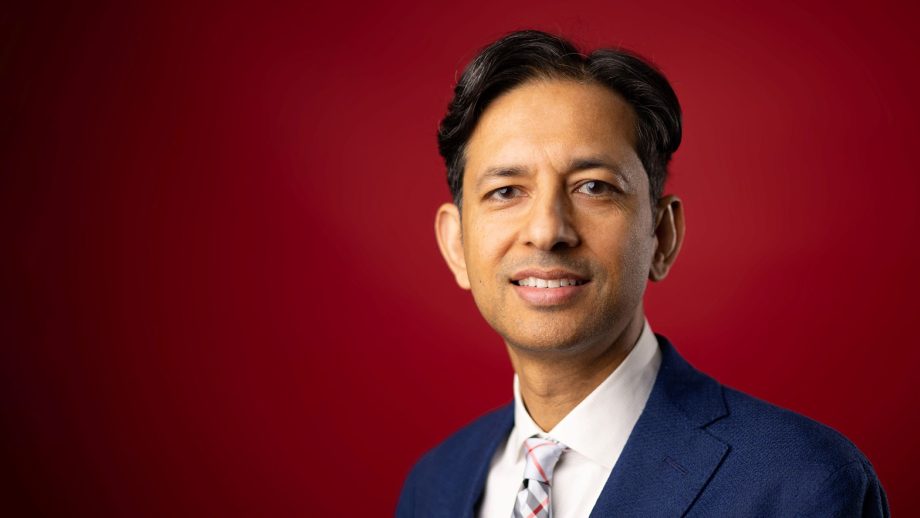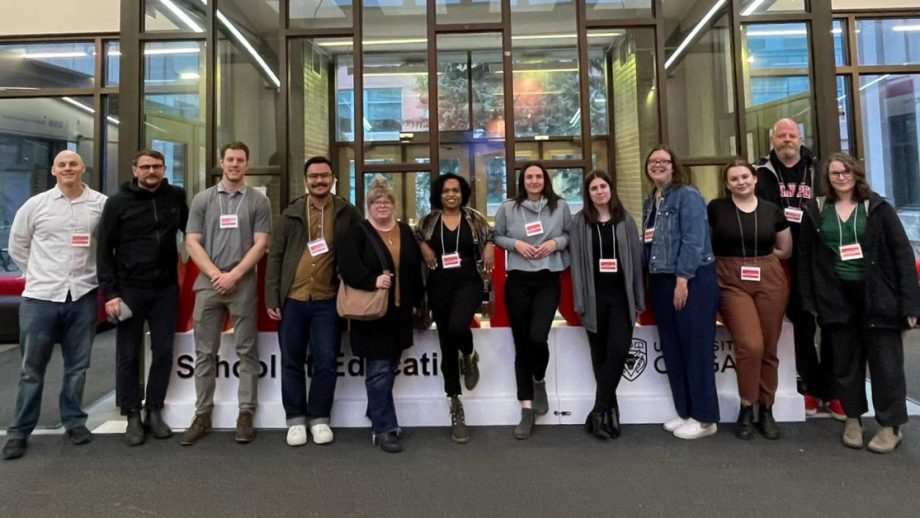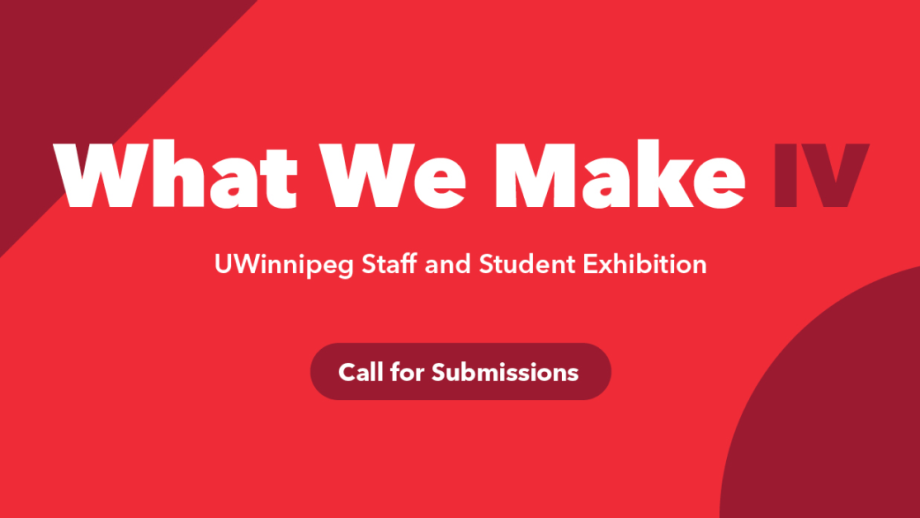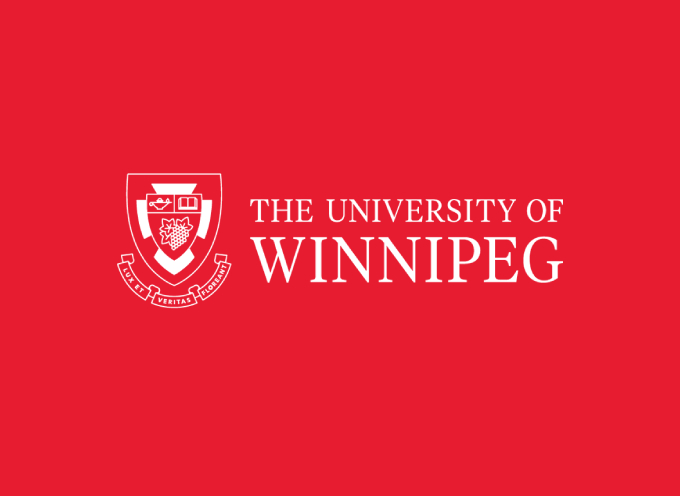WINNIPEG, MB – In the coming months a new community resource will take shape to help disadvantaged people deal with legal issues and assert their rights. At the Legal Help Centre, a joint initiative of The University of Winnipeg and the University of Manitoba, students and volunteer professionals will help people who cannot afford a lawyer navigate the legal system and access fundamental public services and benefits.
The Centre plans to provide legal information and resources, referral services and a free legal clinic when it opens to the public in 2011.
Numerous Volunteers
Executive Director Karen Dyck is working with faculty, staff and students from both universities as well as numerous volunteers from the legal, social service and anti-poverty advocacy communities in developing the Centre’s programming, resource materials and volunteer-base. Dyck is working from The University of Winnipeg’s Global College.
Students from the University of Winnipeg’s Global College and Criminal Justice Department and from the University of Manitoba’s Faculties of Social Work and Law are assisting in the Centre’s development and expected to work at the Centre once it opens.
Legal Services Available to Economically Disadvantaged
The top priority for the Centre is to conduct a Community Resource and Needs Assessment to determine where gaps exist in legal services available to economically disadvantaged members of the community, including Aboriginal peoples, newcomers, persons with disabilities, students and the working poor. This work is ongoing with the generous assistance of a grant provided by The Manitoba Law Foundation.
The Centre will be located in premises provided by The University of Winnipeg. It will be staffed for the most part by volunteer lawyers and students. Students will participate in a variety of ways and may receive credit for their involvement with the Centre as a practicum component of courses offered in their respective faculties. The focus will be on developing practical knowledge and skills.
Integral Commitment
“The new Centre will provide a much needed community resource and is an integral part of our commitment to support and enhance community learning,” said Lloyd Axworthy, President and Vice-Chancellor, UWinnipeg. “We will be able to offer community workshops and information that can strengthen the rights of people who often have no voice. It is also an important opportunity for our students to work with legal and other professionals to develop critical skills.”
“Participation in the new Legal help Centre will enable the Faculty of Law to provide the community with a much needed service, and give our students valuable learning, research and service experiences,” said David Barnard, President and Vice-Chancellor, University of Manitoba. “It’s a win-win for the community and for the Law School.”
Increasing Access to Justice
The genesis of the project arose out of The University of Winnipeg’s Global College and its study of The United Nations Commission on Legal Empowerment of the Poor. The College, along with Criminal Justice Department, became interested in developing a community-based project aimed at increasing access to justice for the disadvantaged communities of inner-city Winnipeg. From this, the idea to create a legal resource and information centre emerged.
A Working Advisory Group established to guide development of the Centre includes representatives from The University of Winnipeg, the University of Manitoba, the Community Legal Education Association, the Manitoba Bar Association, The Law Society of Manitoba and the Native Women’s Association of Canada.
No Economic Barriers
“This initiative not only responds to a well identified gap but also puts the concept of social justice into real terms,” said Wayne Helgason, Executive Director, Social Planning Council of Winnipeg. “Exercising one’s rights should not have economic barriers. A community may well be measured by the enjoyment of access to individual and collective rights as well as shared participation in the achievement of such for everyone. The evolving circumstance regarding the rights of members of the First Nations, Metis and Inuit communities has significant positive implications for Winnipeg as a whole – more than any other city in Canada.”
The Legal Help Centre will seek funding from private donors, community and private foundations and through appropriate provincial and federal government programs.
Pro- Bono legal projects are underway in various jurisdictions across North America. In Canada, successful Pro Bono Projects are Saskatoon’s program, CLASSIC and the Calgary Legal Guidance Clinic.
The Legal Help Centre is unique in that it take a broad approach to legal problem-solving, bringing together students, community advocates and professionals with backgrounds in law, social work and other disciplines.
LINKS:
LEGAL HELP CENTRE CONTACT:
Executive Director Karen Dyck
phone: 204-479-7626
email: karen.l.dyck@gmail.com
MEDIA CONTACTS
Naniece Ibrahim, Communications Officer, The University of Winnipeg
P: 204.988.7130, E: n.ibrahim@uwinnipeg.ca
Chris Rutkowski, public affairs department, University of Manitoba
204-474-9514 or email: Chris_Rutkowski@umanitoba.ca




